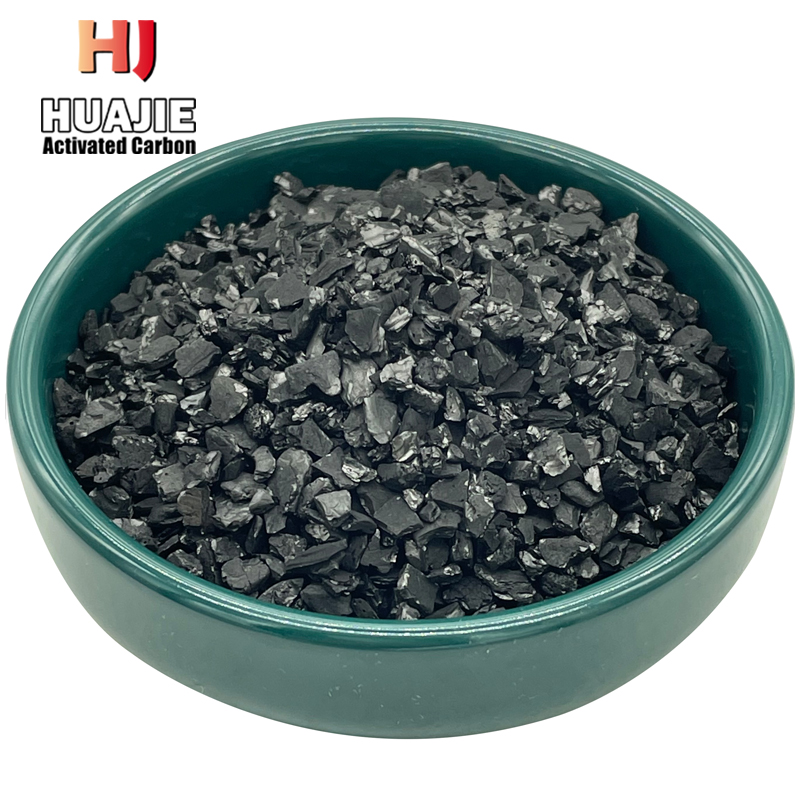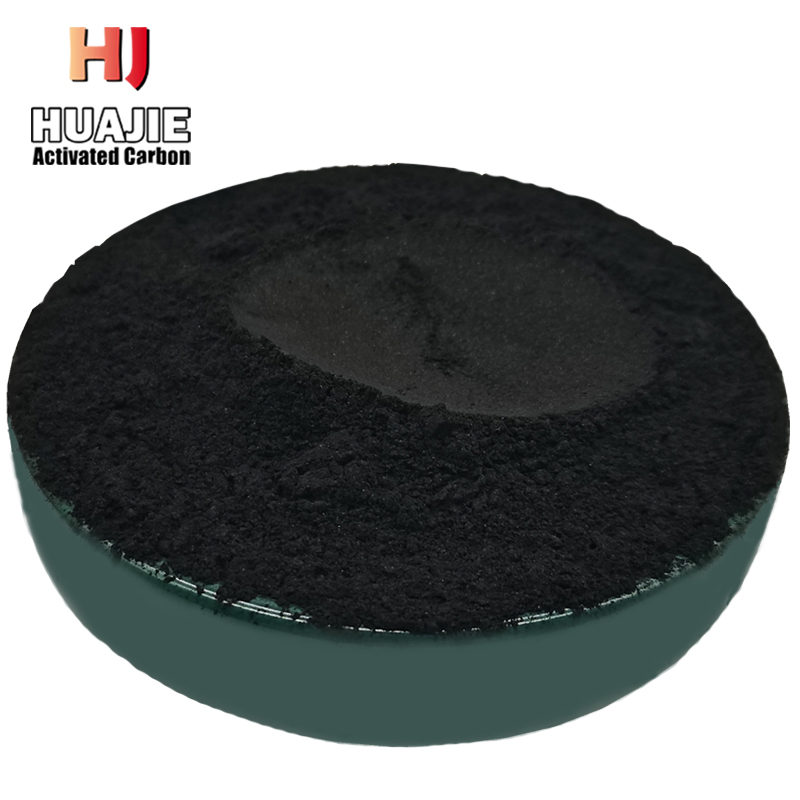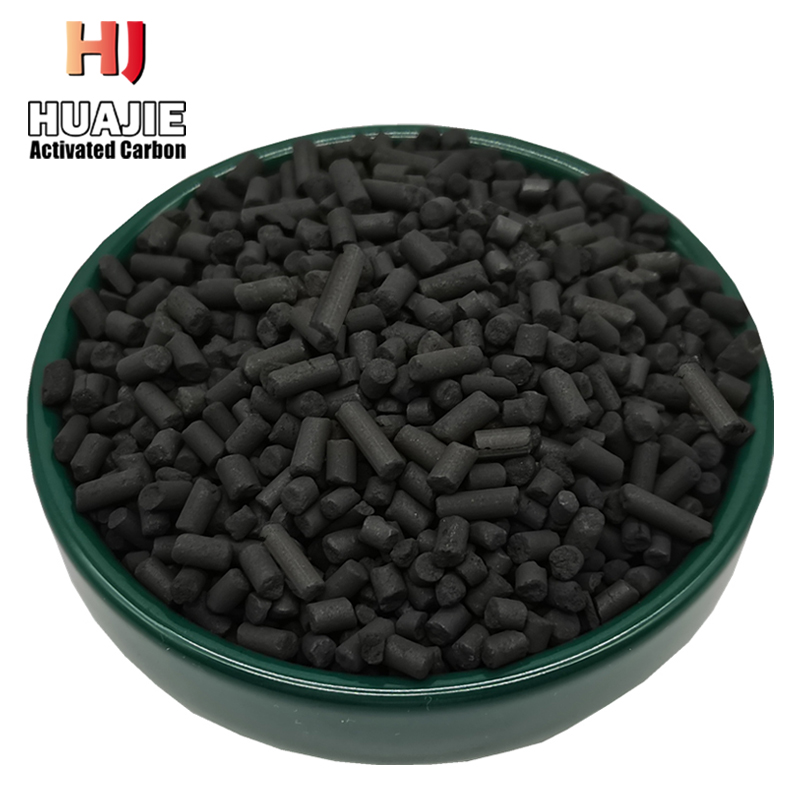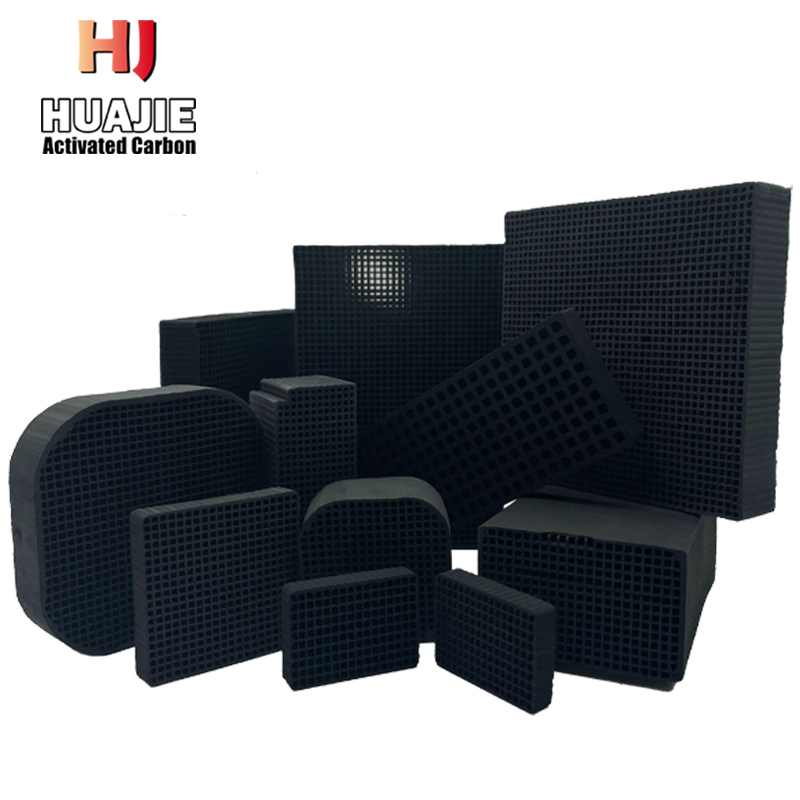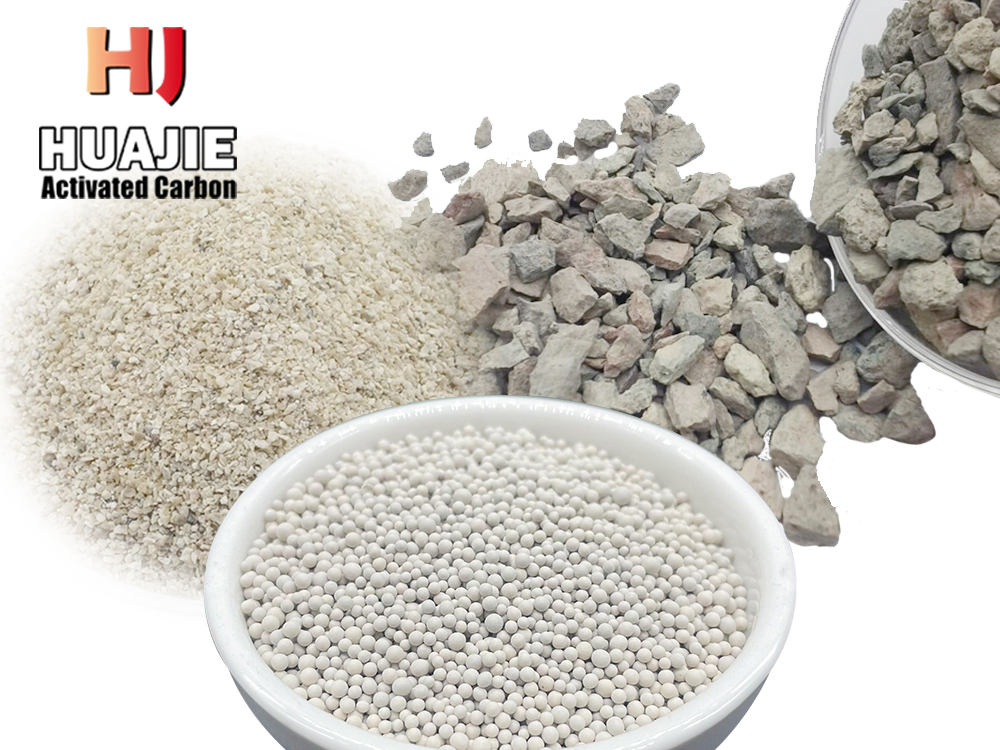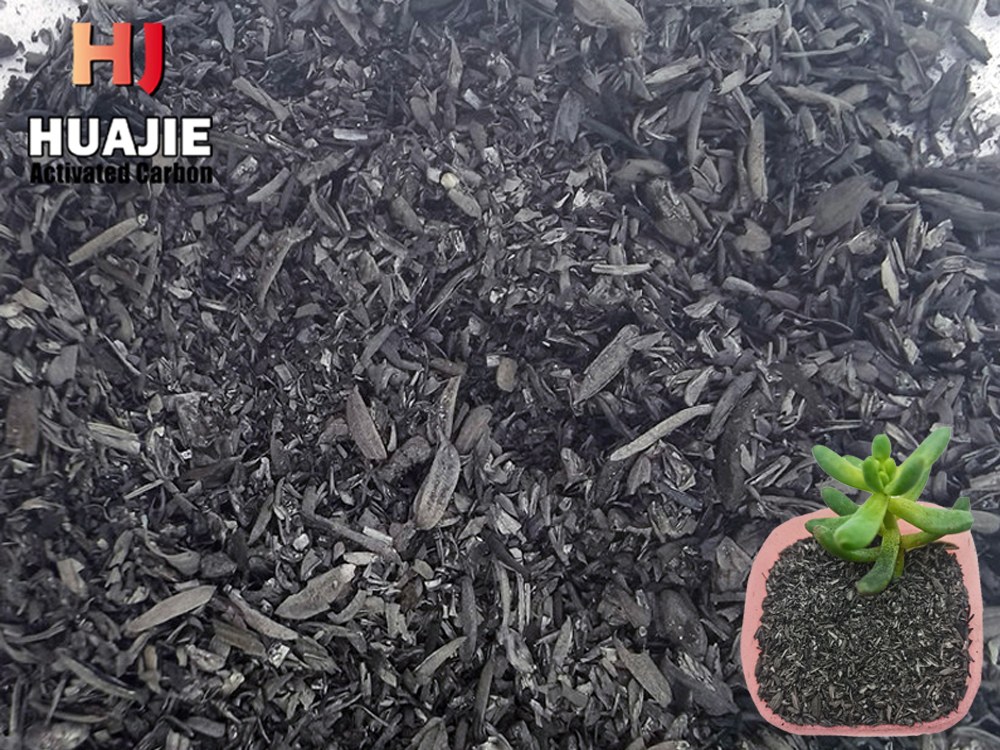Rice Husk Charcoal
Rice husk charcoal is formed by insufficient combustion of rice husk when heated to below its ignition temperature. Rice husk is the outermost part of the rice seed which is a hard layer and a waste material from rice milling. Therefore, the raw materials for
producing rice husk charcoal are abundant and low in cost. The production of rice husk charcoal is a low-cost and high-yield business. Rice husk charcoal is a kind of Agriculture and Gardening / horticulture Carbon
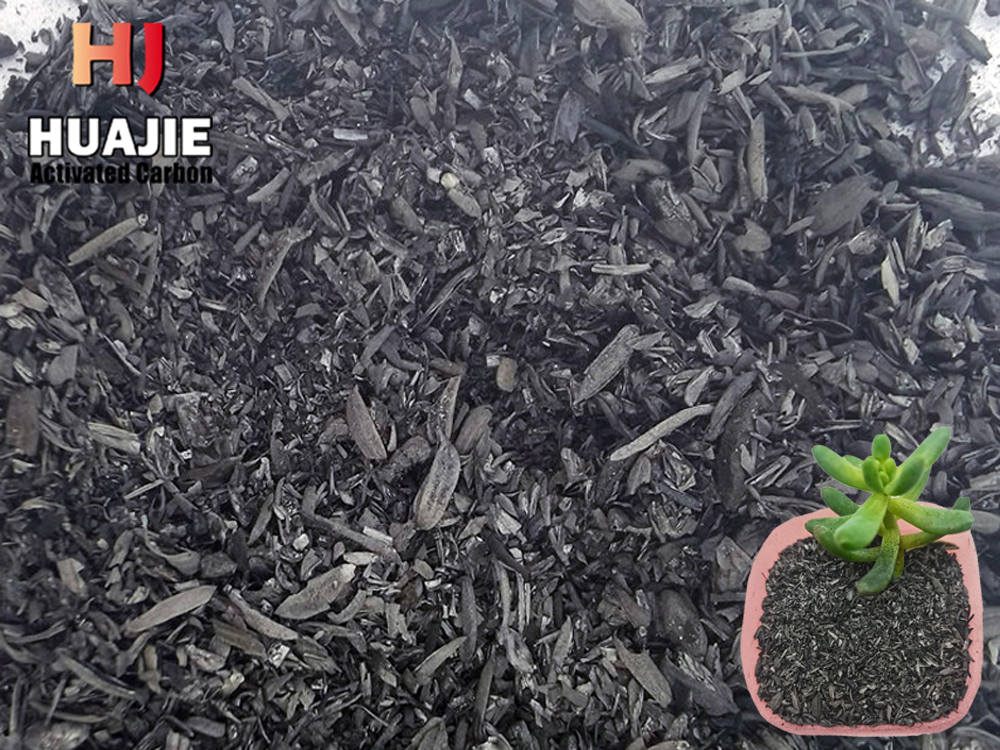
Application of Rice husk charcoal:
1.In industry, rice husk charcoal can be used as a thermal insulation material for steel
production, and it can also be used as a raw material for steel making auxiliary materials.
2.In agriculture, it can be used as fertilizer and soil improvement for the cultivation of vegetables, flowers, seedlings, fruit trees, and other crops.
rice husk charcoal is a very porous material. When added to soil it will instantly aerate the soil. Over time the rice husk charcoal will absorb nutrients, toxins, and water - adding water retention. Once rice husk charcoal is filled with water, draining will be improved with the
benefit of retaining the water inside the rice husk charcoal.
* natural hardwood gardening charcoal, soil regulator, added drainage, aerated potting soil.
*Suitable for bonsai soil, orchid soil, succulent soil. Retain nutrients in the soil
*Remove odors Plants use charcoal to add nutrients to plants.
* Eliminating stubborn water and raising oxygen levels will slowly release nitrogen into the soil.
* Blend easily into the soil.
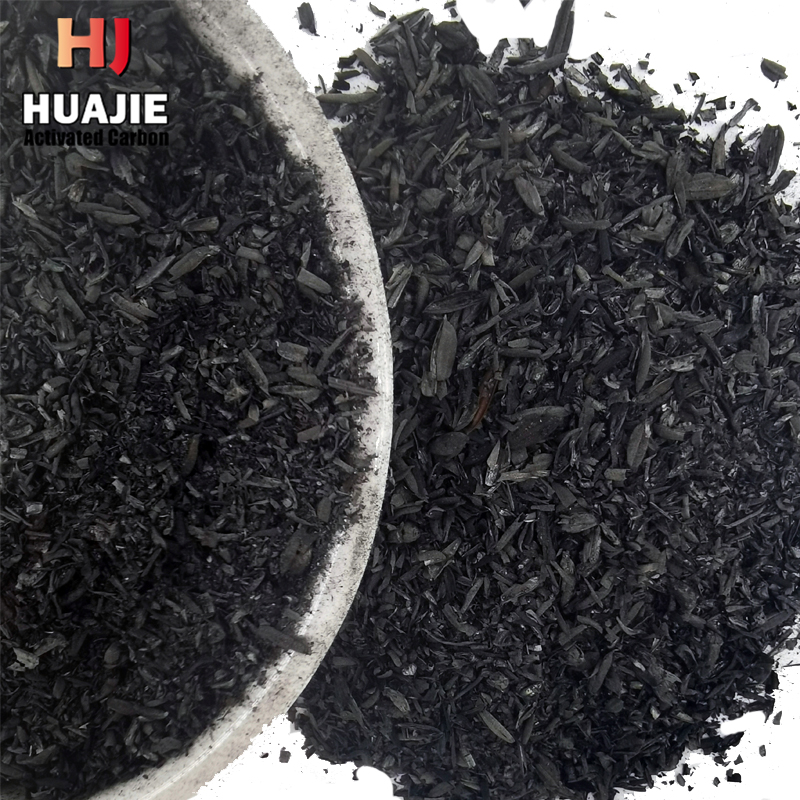
3.In daily life, it can be used as clean energy for cooking and heating. Since the rice husk charcoal is directly carbonized into a pulverized state, it needs to be further shaped into briquettes for ease of use. For the detailed steps of making rice husk charcoal briquettes, please refer to another article.
rice husk charcoal price
According to the different C content, the price in the market is also different. Different quality rice husks can be rubbed by hand and broken into granular black solids, and will not be kneaded into lumps or sandy husks. Such rice husks are of very good quality. of. If it is ash-like, the quality is very low, and it will have adverse effects on steel when used in steelmaking.
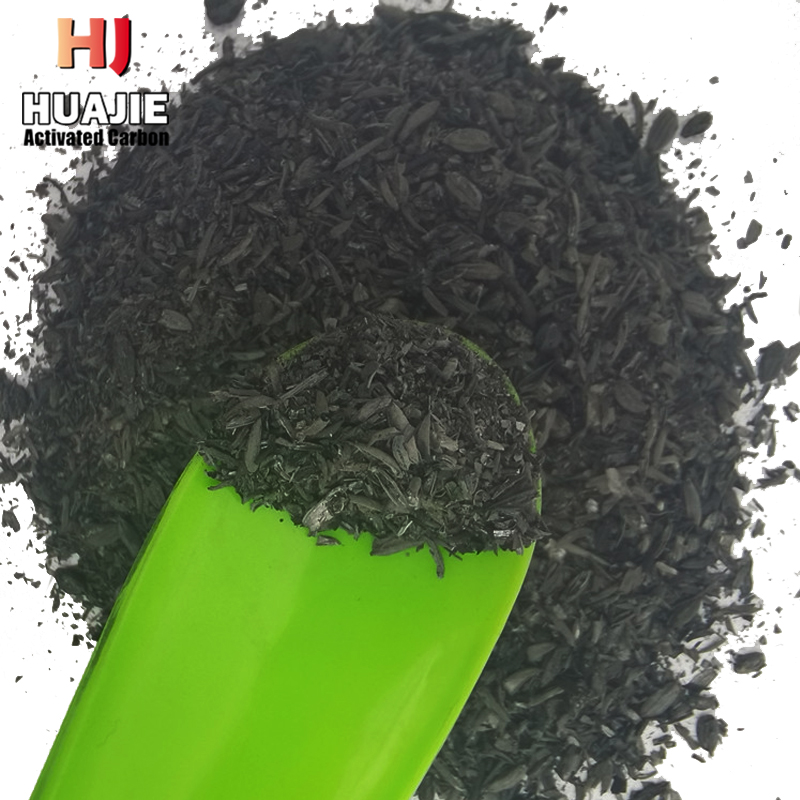
Get a free quote

 简体中文
简体中文 English
English